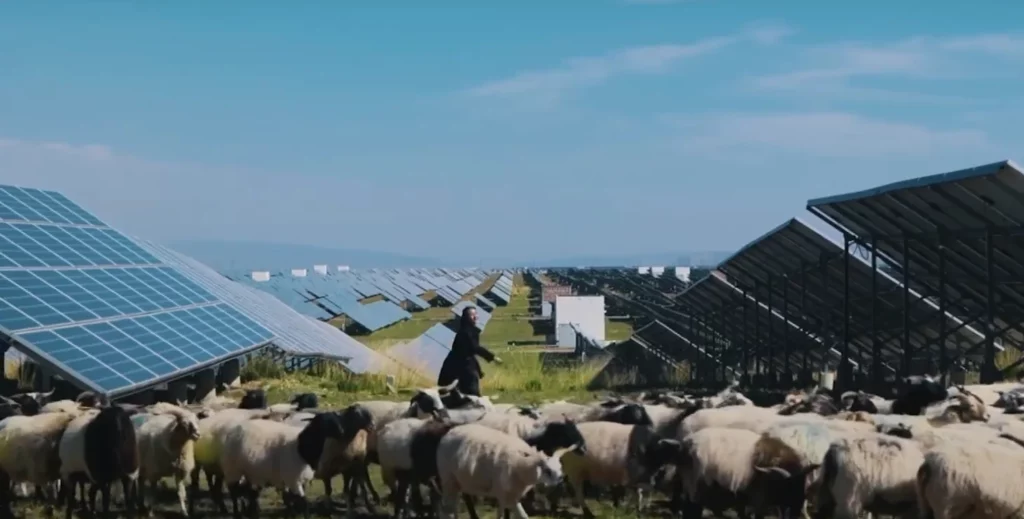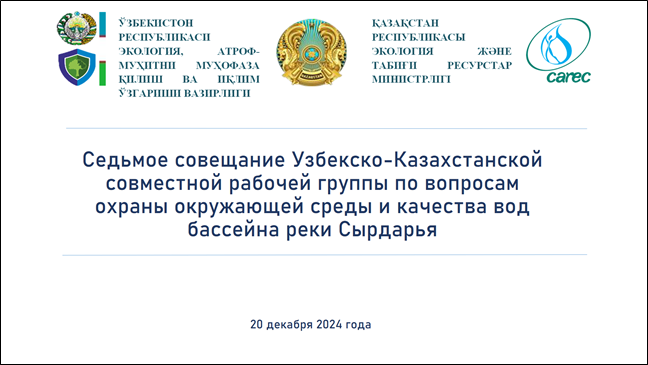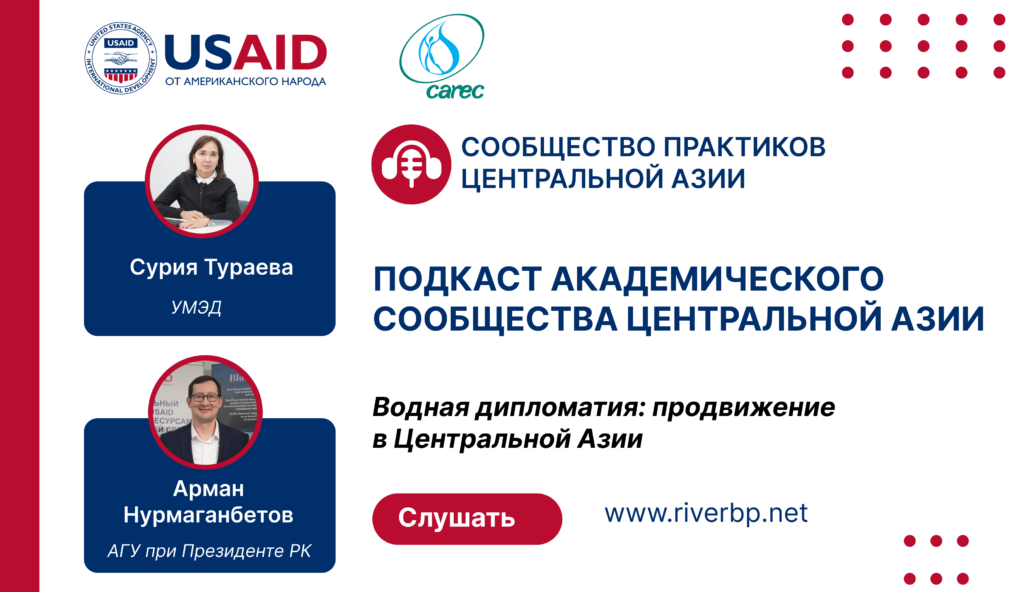Amanda McKee, Director for Knowledge and Learning, NDC Partnership, believes that decision makers must build on a strong climate rationale and institutional arrangements by analyzing financing gaps, exploring options, identifying barriers and solutions, and assessing the comparative advantages of various finance sources.

She thinks that a comprehensive mapping of investment needs will effectively catalyze finance for identified gaps, climate investment plans.
“This mapping exercise will also determine the type of financing for each source and its key characteristics, guiding optimal matchmaking,” said Amanda McKee.
“One example of strategizing for climate finance mobilization comes from Tajikistan, where the Committee for Environmental Protection (CEP) spearheaded the development of the Republic of Tajikistan’s Climate Finance Plan. This plan aims to identify, mobilize, assess, and scale up international climate finance to help Tajikistan achieve its climate targets. It is one of the most comprehensive finance plans developed, encompassing the prioritization of investments, gap analysis, finance landscape assessment, enabling environment considerations, and monitoring and reporting mechanisms,” noted Amanda McKee at the CACCC-2024 Panel Session 2 “Climate capacity, innovation and financing: needs and opportunities”.
The Central Asia Climate Change Conference (CACCC-2024) is organized by the Regional Environmental Centre for Central Asia (CAREC) within the “Climate Adaptation and Mitigation Program in the Aral Sea Basin AF” (CAMP4ASB AF), Central Asia Water and Energy Program (CAWEP), and Deutsche Gesellschaft für Internationale Zusammenarbeit (GIZ) GmbH, in cooperation with The Global Partnership for Sustainable and Resilient Landscapes (PROGREEN), NDC Partnership (NDCP), Coalition for Capacity on Climate Action (C3A), Asia Development Bank (ADB), Asia Development Institute (ADBI), International Organization for Migration (IOM), International Federation of Red Cross and Red Crescent Societies (IFRC), SWITCH-Asia— a programme funded by the European Union, the Kazakh-German University (DKU), Green Academy along with valuable support provided from other partners.
The CAMP4ASB AF project is implemented by CAREC together with EC IFAS with the financial support of the World Bank and the Green Climate Fund.
The Central Asia Water and Energy Program (CAWEP) is a partnership between the World Bank, the European Union, Switzerland, and the United Kingdom aimed at creating conditions for improving water and energy security at the regional level and in beneficiary countries in a changing climate.
For more information, please contact Irina Bekmirzaeva, Climate Change and Sustainable Energy Programme Manager/CAMP4ASB Project Coordinator, at ibekmirzaeva@carececo.org



